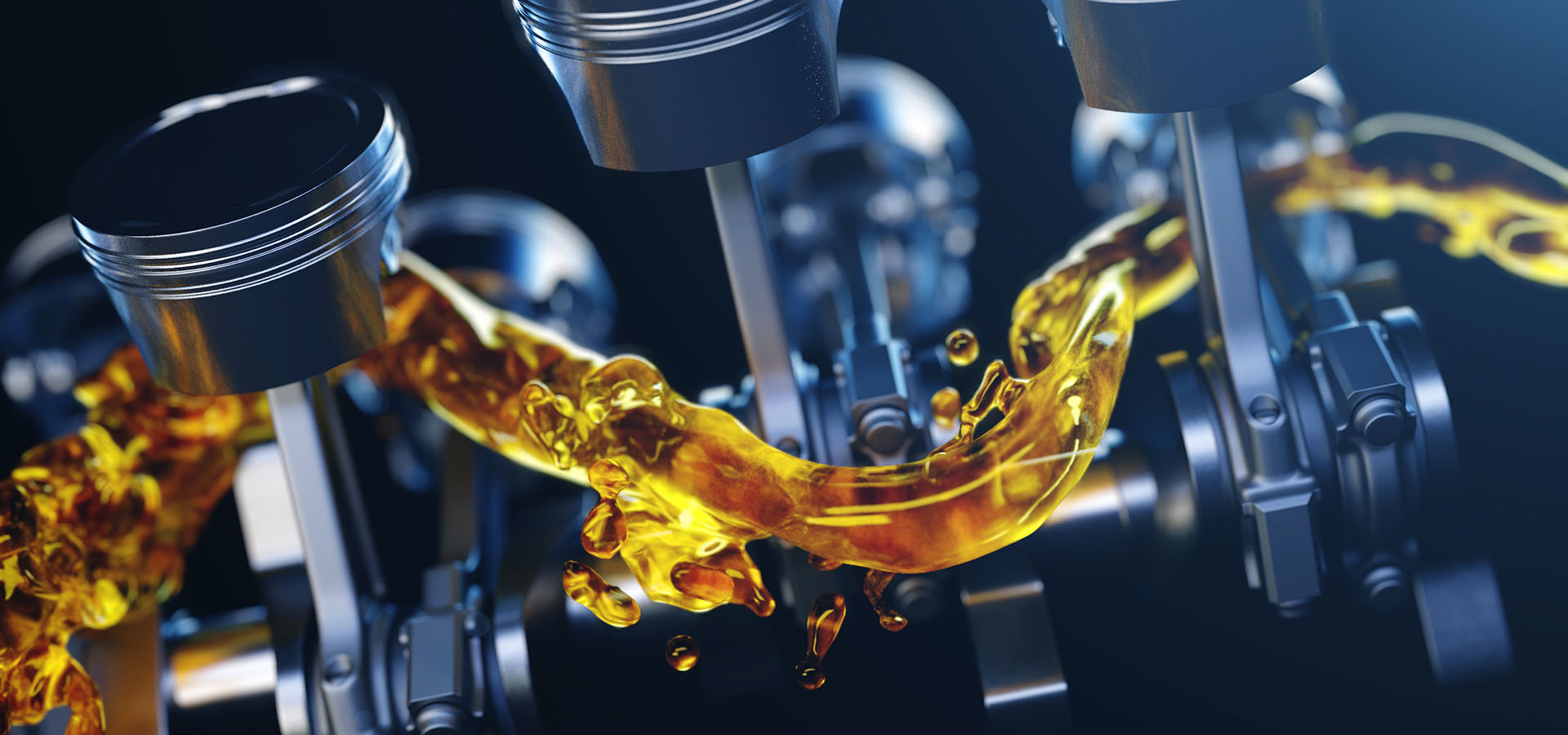It is essential to keep your industrial lubricants clean in order to prevent contamination and degradation. Cleaning methods will vary depending on the kind of lubricant, but they typically consist of using degreasers, cleaners, and/or filters. Lubricants must be kept in a dry, cool place away from sunlight and other heat or light sources They should be kept in containers specifically designed to store lubricants, such as drums or Jugs.

Also, you must think about the operating environment of your machine. If your equipment is operating in extreme conditions, it is essential to choose an oil that is designed to endure those conditions. Another aspect to consider is the degree that wear and tear that your machine experiences. If your machinery is subject of wear and tear then you'll have to select a grease that is capable of enduring that type of use.
There are numerous types of industrial lubricants available which is why it is essential to choose the appropriate one that is appropriate for the specific job you are using it on. If you're unsure which lubricant to use make sure you consult an expert in lubricants or your equipment manufacturer. Applying too much or too little lubricant can both cause problems. A lot of lubricant could cause waste and contamination and a lack of it can cause friction and wear. It is crucial to follow the guidelines of the manufacturer of your equipment or the lubricant provider.
The other lubrificanti industriali have been designed for general-purpose applications. It is also important to think about what compatibility the lubricant to the substances it will come into contact with. Certain lubricants may cause damage to certain kinds of plastics or metals consequently it is vital to select a lubricant that can be used with material that you're working with. In addition, some fluids aren't compatible with certain kinds of fluids. Therefore, it is crucial to determine the compatibility of the fluid the lubricant prior to using it. To get new information please try here

Another aspect to be considered when selecting a lubricant is the operating environment of your equipment. If your equipment is operating in harsh conditions, you should select the right lubricant that can withstand the conditions. You also need to take into account the amount of wear and tear that the machinery endures. If your machine is susceptible to wear and tear then you will need to choose one that will be able to withstand that kind of usage. The frequency with which you must lubricate your equipment is an important aspect to think about.
It is essential to know how to safely organize, handle, and apply lubricants and the proper disposal of old lubricants. The process of working with industrial lubricants could be dangerous, so it is essential to revisit your safety protocols regularly. Make sure all staff members are well aware any dangers that are involved and how to work with lubricants safely. In the event of working with industrial-grade lubricants, it is crucial to adhere to the manufacturer's guidelines. This includes proper handling, storage and application techniques. Failure to follow these steps could void your warranty or cause damage to the equipment.